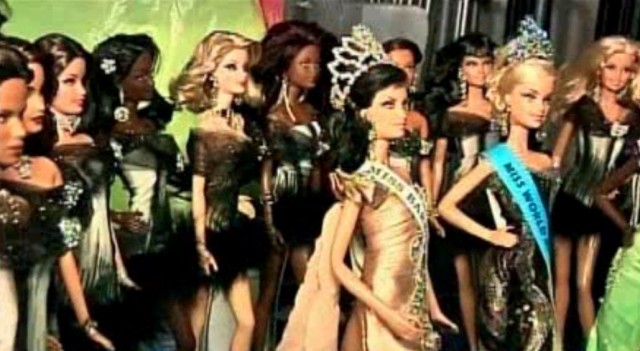
Andes, Latin America: Week in Review, Venezuela
Maduro Puts Price Limits on Barbies, Fearing Holiday Speculation
November 12, 2014 By Staff
Top Story — Barbies are flying off the shelf in Venezuela after its socialist government mandated the plastic dolls be sold at a special discount price for the holidays. The low price cap is part of President Nicolás Maduro’s “Operation Merry Christmas,” a plan designed to insulate consumers from skyrocketing prices during the holiday season.
Refrigerators, plasma TVs, computers and other electronic appliances are also part of the Christmas special, and Venezuelans have been camping by the hundreds outside of stores to get their hands on the consumer products.
The mandatory discounts are part of Venezuela’s efforts to combat shortages and inflation before Christmas. In recent months, as economic woes continue to mount, Maduro has cracked down on accused smugglers and black-market vendors– in his words, “capitalist parasites” who hoard and resell goods for profit.
Venezuela’s government took similar actions before Christmas last year, deploying security forces to enforce the regulated prices.
Since the discounts were announced this year, Venezuelan shopkeepers have reported that Mattel’s popular Barbie — a symbol of consumer capitalism and, some say, the objectification of women — sold out of stores in minutes, including the “I Can Be a Cheerleader” and “Spa to Fab” models.
Former President Hugo Chávez once said the Barbie was irrelevant to Venezuelan culture, suggesting it should be replaced by “little indigenous dolls.”
In addition to its love affair with Barbie, Venezuela is known for its fixation on beauty pageants and plastic surgery. Venezuela has won more beauty titles than any other country in the past three decades. The country also has one of the highest cosmetic surgery rates in the world, according to a 2013 report by the International Society of Aesthetic Plastic Surgery. The practice, like many other aspects of life in Venezuela, can’t escape the country’s macroeconomic problems. Breast implants, like many other consumer products, are now in short supply.
Headlines from the Western Hemisphere
North America
- Protesters in Mexico’s Guerrero state set fire to the ruling PRI party’s regional headquarters as violent demonstrations against the alleged massacre of 43 students continued Tuesday.
- A New York Times op-ed argues that Mexico’s criminal justice system does not have the adequate infrastructure to investigate atrocities and rein in institutional corruption.
- Mexican police shot at and injured a pregnant U.S. teen late Monday in the Mexican border town of Reynosa after the driver of the car she was in didn’t comply with an order to stop.
Caribbean
- Two U.S. senators said they are optimistic that Cuba will release Alan Gross, a U.S. government contractor who has been in prison since December 2009 for working with local groups to expand Internet access in the island nation.
- This news comes as the U.S. State Department has said that it will review its clandestine democracy-promotion activities in countries like Cuba due to their risky nature.
Central America
- The Thomson Reuters Foundation examines El Salvador’s strict ban on abortions and the efforts by human rights groups to free hundreds of incarcerated women in the country accused of inducing abortions, when instead they allegedly suffered from a variety of pregnancy complications.
- Honduran bus drivers have gone on strike in the country’s capital city Tegucigalpa to denounce high rates of extortion and murder, which make their job one of the most dangerous in the world.
Andes
- A bill to legalize medical marijuana was debated in Colombia’s Senate on Tuesday, evidence of a changing approach in a country where marijuana use has risen dramatically over the past five years.
- On Monday, Ecuadorian authorities seized close to 2 tons of cocaine on its way to Mexico.
- NPR is the latest media outlet to take up the issue of child labor in Bolivia, where children as young as 10 are allowed to work support their families.
Southern Cone
- Police in Brazilkilled an average of six people a day between 2009 and 2013, pointing to an epidemic of excessive force and extrajudicial killings, according to a public safety NGO.
- A Brazilian police document may point to a link between the PCC, the country’s largest gang, and Hezbollah, the Lebanese political party and Islamist militant group which is known to raise money across Latin America.
- A priest in Chile convicted of sexually abusing a pre-teen girl was sentenced to four years of probation by a court in Santiago on Tuesday, the latest sentencing in a series of scandals involving the Roman Catholic Church in the country.
- The New York times examines soccer in Argentina, where local leagues are suffering due to the fact that so many players – more than from any other country – go abroad, which hurts domestic fan interest and revenues.
Image: Today
Subscribe to Today in Latin America by Email
< Previous Article

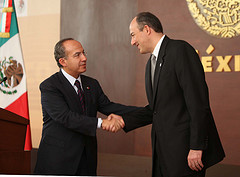
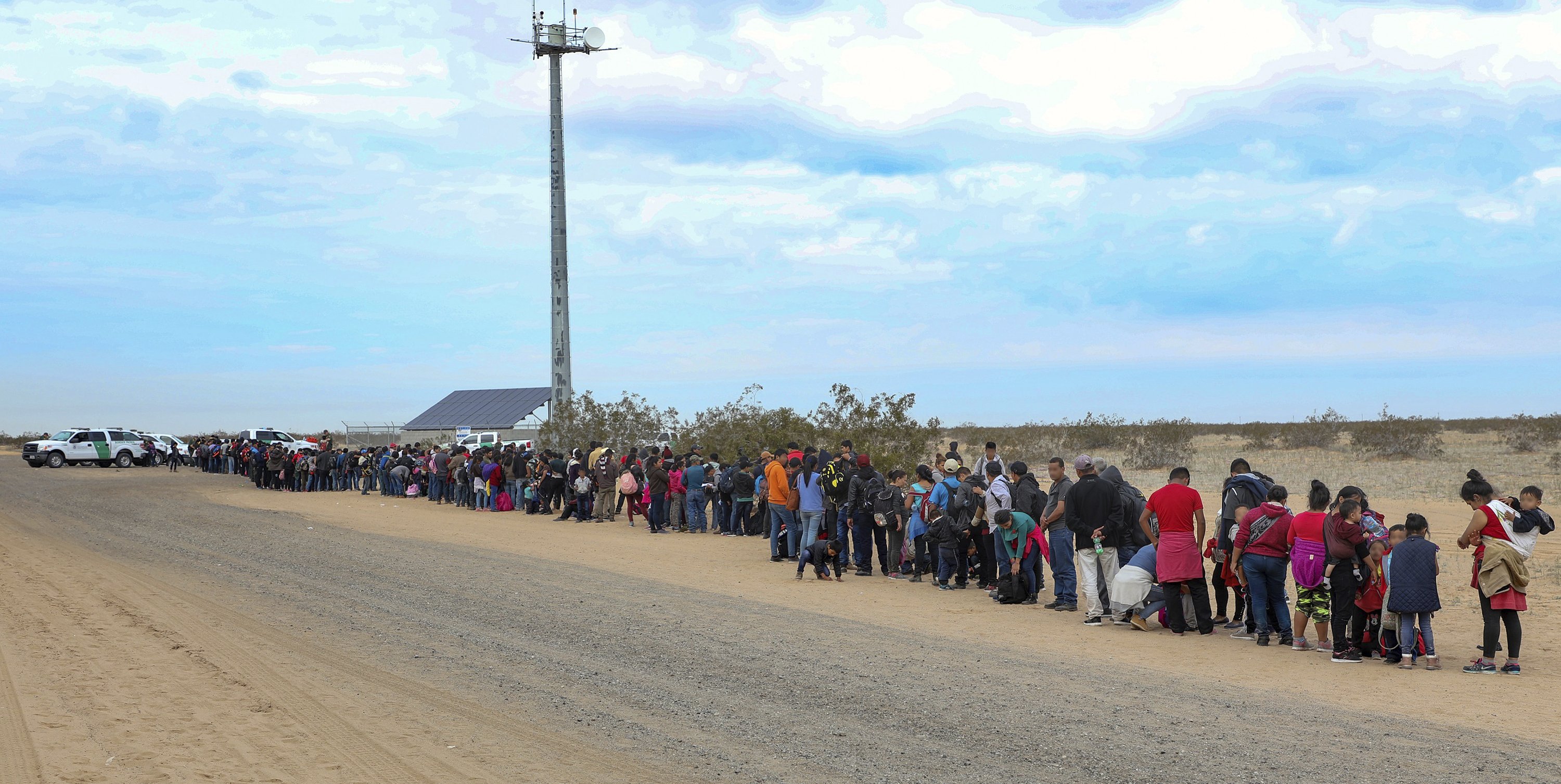
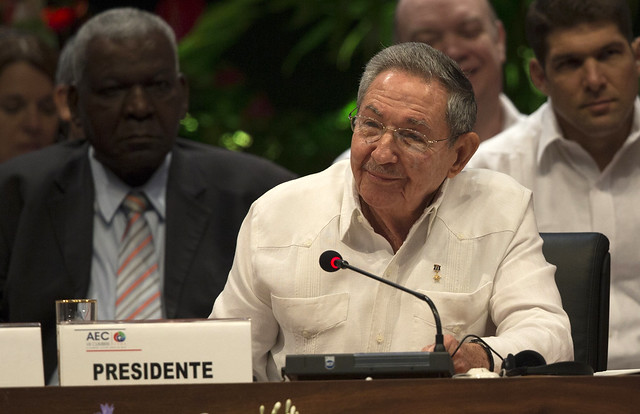
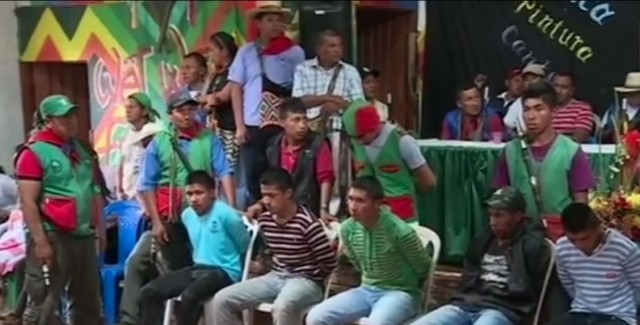
1 Comment
[…] adjust responsible economic policies because it relies on money to fund popular social measures, like the price limit it established on Barbies to make them accessible to people before Christmas. Now […]
Comments are closed.